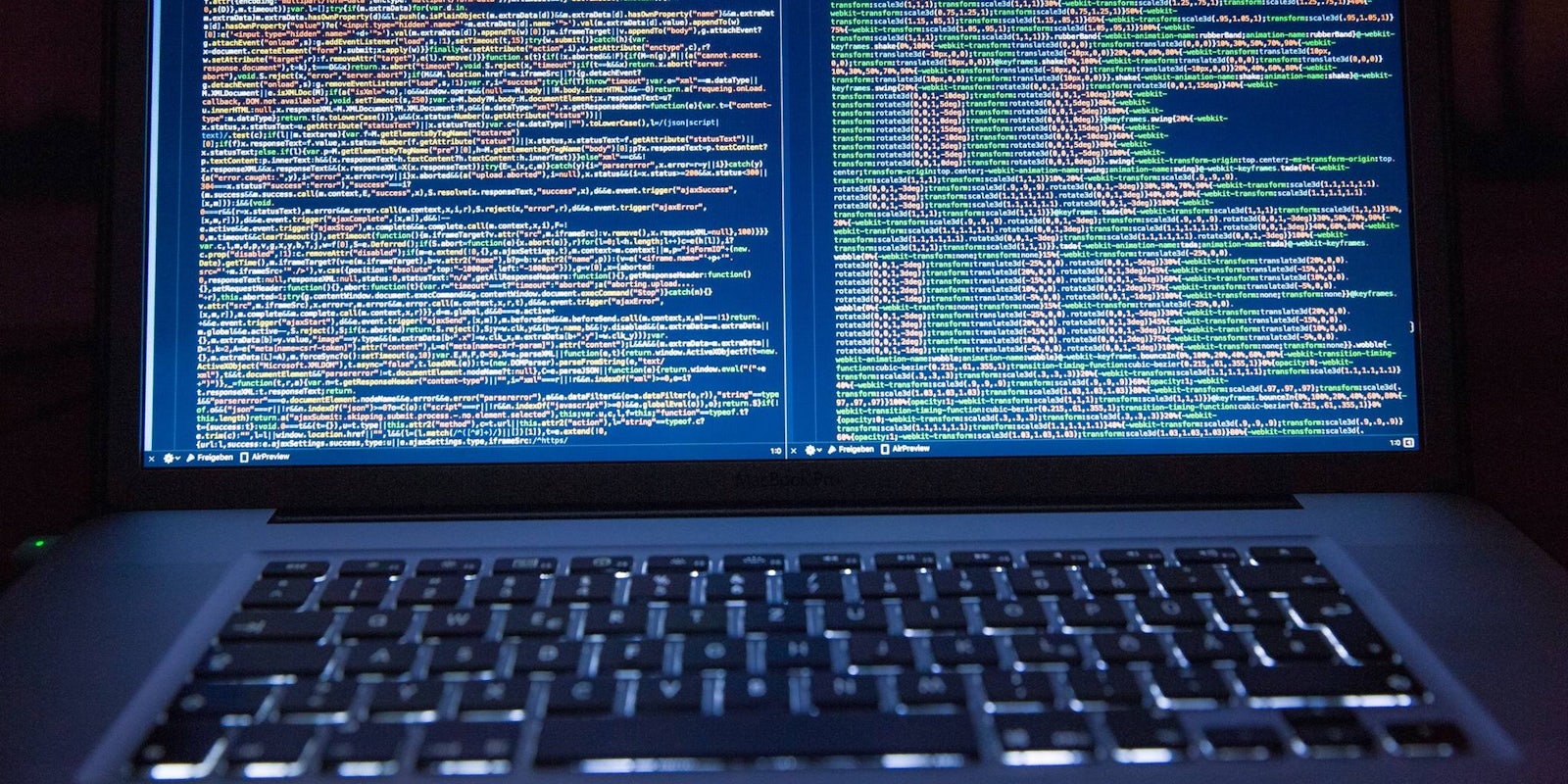The Federal Communications Commission has suspended nine internet providers from a federal program that subsidizes phone and internet service for poor Americans.
The program, Lifeline, was created in 1985 to provide cheap phone and internet service to people in lower-income communities, allowing people to access educational resources and to contact family. Last year, the FCC expanded service to include broadband, with eligible households paying $9.25 monthly.
The FCC’s order, announced Friday by chairman Ajit Pai, rescinds the participation of the nine companies in the Lifeline program, changing their consideration status to “pending.” According to the order, four companies were granted admission on Dec. 1 and five companies were granted it on Jan. 18, but they’re now being reconsidered to give the FCC time to take measures to prevent “waste, fraud, and abuse.”
“These last-minute actions, which did not enjoy the support of the majority of commissioners at the time they were taken, should not bind us going forward,” Pai told the Washington Post.
Daniel Neal, the founder of one of these companies, Kajeet Inc., told the Post he’s concerned about the children and school districts the decision will affect. Gene Kimmelman, president of consumer advocacy group Public Knowledge, told the Post that the reconsiderations will restrict internet access for low-income families.
“The most obvious fact in our society is that high-speed internet is astronomically expensive for the middle-class and down,” Kimmelman said. “So in any way limiting the Lifeline program, at this moment in time, exacerbates the digital divide. It doesn’t address it in any positive way.”
H/T Washington Post, CNN Money


